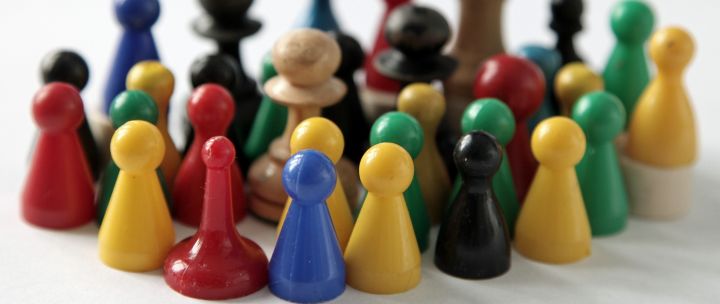Inclusion
Inclusion, literally translated, means “belonging” and is the antonym of exclusion. By means of new structures, an inclusive society tries to offer all people – with and without disabilities – the same opportunities for societal participation. A key objective of inclusion is to remove barriers – including psychological barriers. TUM undertakes to enhance the inclusion of TUM members with disabilities or chronic illnesses.
Inclusion is a human right
According to the UN Convention on the Rights of Persons with Disabilities, equality, autonomy and participation are conditions for successful inclusion. This convention became effective in Germany in 2009 and also contains a passage about inclusion at university level.
Inclusion at TUM
Guidelines for inclusion at TUM are firmly anchored in the TUM Diversity Code of Conduct as well as in the Target Agreement with the Ministry of Education of 2013. In its Integration Agreement “TUMiteinander”, TUM commits to a permanent professional integration of severely disabled people und thus to creating an inclusive, modern university.
Counselling and Support
TUM offers counselling and support on all levels in order to remove barriers through individual solutions and to sensitize its members for the topic “disability and chronic illness”.
Research
Inclusion, medical aspects of disabilities and chronic illnesses, or the development of technical aids are focal points in research at TUM.
You can find more information on this topic on our page Research on Inclusion.
Social commitment
TUM gets involved for inclusion in society, for instance by supporting Special Olympics Deutschland and through a partnership with Pfennigparade München.
You will find more information on this topic on our page Social Commitment.
